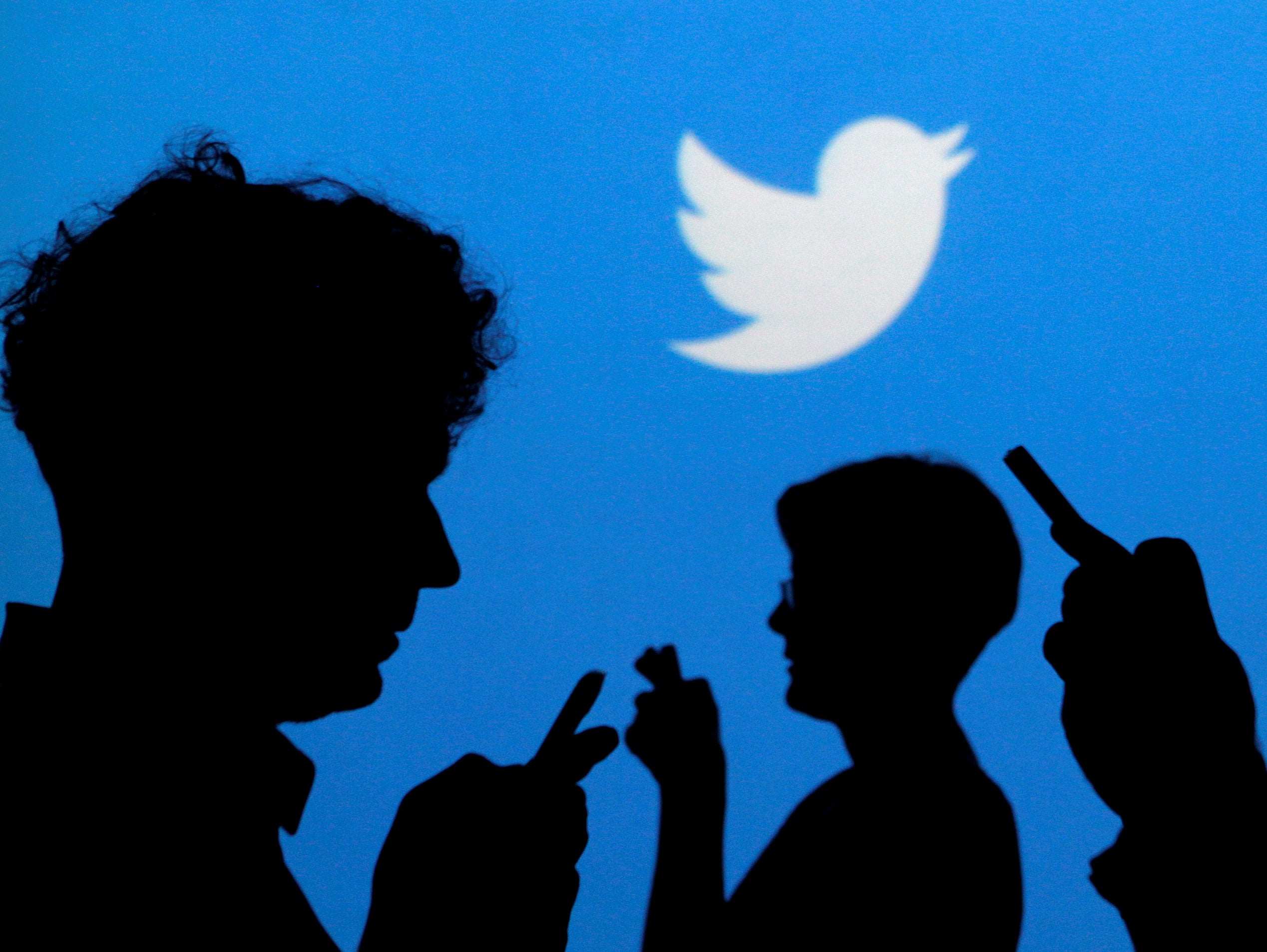
The head of the UK’s inquiry into ‘fake news’ has told Twitter that its response to a call for information on possible Russian interference in UK politics carried out on the platform is “completely inadequate”.
Damian Collins MP, chairman of the Department for Digital, Culture, Media and Sport Select Committee made the comments in a letter addressed to Twitter chief executive Jack Dorsey today.
It followed Twitter’s response to the Electoral Commission probe into possible Russian interference in last year’s Brexit referendum vote that was also shared with the DCMS committee at Collins’ request.
Twitter’s head of policy Nick Pickles said in an email to Collins: “Among the accounts that we have previously identified as likely funded from Russian sources, we have thus far identified one account – @RT_com [Russia Today] – which promoted referendum-related content during the regulated period.
“@RT_com spent a total $469,900 in advertising on our platform in 2016, with $44,615.87 of that amount devoted to ads that were served [to] users in the UK. Only $1,031.99 of that amount was spent on six referendum-related ads during the regulated period.”
The six identified adverts followed two templates, each tweeted three times with links. They were worded: “#BrexitOrNot? Together or apart? Follow RT special coverage!” and “UK Decides: Goodbye EU. Follow RT’s special coverage on #Brexit”.
Collins said he had asked for a list of “accounts linked to the Internet Research Agency” and any other “Russian-linked accounts” that Twitter has removed and any “examples of posts from these accounts that are linked to the United Kingdom”.
He also asked for information about some 13,493 “suspected bots highlighted in a study carried out at City University” and whether they were legitimate users or bots, who controlled them, what was the reach of their tweets and who deleted the tweets originating from them.
Collins told Dorsey: “Whilst the inquiry being conducted by the Electoral Commission is extremely important, it is completely separate and different in nature to the inquiry that my committee is undertaking.
“The Scope of our inquiry, and the questions that I have asked your company, are far wider in scope that the response provided to me by Mr Pickles, UK head of public policy for Twitter, that only refers to paid-for advertising on your platform.
“It seems odd that so far we have received more information from journalists and academics than from you.
“If Twitter is serious about cooperating with the work of this committee and tackling the spread of disinformation then you should provide me with a full response to the clear questions that I set out in my letters…”
Twitter announced earlier this year that it would no longer accept advertisements from Russian state-funded news outlets Russia Today and Sputnik.
Yesterday Collins told Facebook chief executive Mark Zuckerburg in a letter that Facebook’s response to the Electoral Commission on the topic of Russian interference in UK politics did “not answer the questions” he had put to the company.
It emerged yesterday that Facebook’s investigation into possible Russian meddling in the Brexit vote has found the activity amounted to just three adverts costing less than $1 in total to post and reaching no more than 200 UK-based viewers over four days.
Collins said: “I asked Facebook to provide the committee with details relating to any adverts and pages paid for, or set up by Russian-linked accounts.
“In their response to the Electoral Commission, Facebook responded only with regards to funded advertisements to audiences in the UK from the around 470 accounts and pages run by the Russian based Internet Research Agency, which had been active during the US Presidential election.
“It would appear that no work has been done by Facebook to look for Russian activity around the EU referendum, other than from funded advertisements from those accounts that had already been identified as part of the US Senate’s investigation.
“No work has been done by Facebook to look for other fake accounts and pages that could be linked to Russian backed agencies and which were active during the EU referendum, as I requested.”
Collins has asked for a “full response” from both companies.
Picture: Reuters/Kacper Pempel/Illustration/File Photo
Email pged@pressgazette.co.uk to point out mistakes, provide story tips or send in a letter for publication on our "Letters Page" blog

